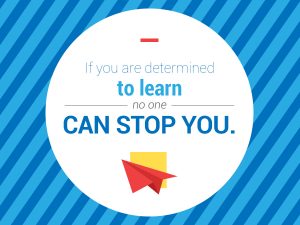How to choose what to read in English
A hundred years ago, choosing what to read wasn’t much of a problem. If you were lucky, you had more than one newspaper to choose from and could select books from the local library. If you were studying a foreign language, access to the material was limited. You would probably have one or two-course books, and, perhaps, a small collection of foreign novels in some big, important libraries.
A hundred years later, and the world could not be more different. Half the world’s population now has internet access from their home. Accessing information that you want to read is so easy that it can be difficult to choose.
This is a guide for busy intermediate and advanced English students on how to choose what to read.

Five-finger difficulty test
This works particularly well for books. If you are in a library or bookshop, open a book on a random page, and read that page. Every time you find a word of which you are not sure of the meaning, count using one of your fingers. If, by the end of the page, you have five or more fingers up, then this book will probably be too difficult for you. There is no use in frustrating yourself! Conversely, if you have no fingers up, or only one, then perhaps this book is too easy for you, and you deserve more of a challenge! If you have 2, 3 or 4 fingers in the air, then this book might be worth reading. Of course, you should also ask yourself if you understood the page you read and if you think that you will enjoy it!
If you are looking for articles, such as news articles, then you should just use your imagination. Read two or three paragraphs and try to summarize them in your mind (or out loud if you are alone!) If you have understood them, then continue, but if not, then keep looking!
Keeping yourself interested online
In the age of the internet, it can be difficult to keep yourself interested. My advice is simple – don’t try. If you have to try to stay interested in something – then you are not interested in it! Reading should be a pleasurable experience. If for you that means reading a few minutes of something and then changing to something else – just do it.
I often read in short bursts – when I have a few spare minutes, or to break up some other activities of my day. I will normally go to The Guardian’s homepage (which I highly recommend). As with many other news websites today, they generally have headlines of the world’s most important news at the top of the page. If you are not enticed to click on any of these stories, then you can scroll downwards, where your options normally become lighter, about technology, sports, entertainment, travel, or opinion pieces. Other great news sites to scroll through and find something that interest you are the BBC, CNN and Reuters.
If you would prefer to read something on a particular topic, then try medium.com. This excellent website allows you to choose by a large selection of categories and learns about your personal choices. It also tells you above each article how many minutes it should take to read! It has work from journalists and amateurs and is a great place to publish your own writing.
Other ways to read
If you want to read books in English, but live in a country that doesn’t use English, then you may have problems finding physical copies of books. Maybe you have a small selection in bookshops in bigger cities (like Buenos Aires), but also you can look on some Facebook groups, and/or try asking for books in these groups.
If you like to read books electronically, on your tablet or another device, there are many websites that offer PDFs to download. Please beware, as some of these are legal and some are not. It is possible to find almost any title on the internet for free, but you should consider your conscience if you choose to download them.
Another option (although not technically ‘reading’), is listening to audiobooks. This can be a nice form of relaxation, in bed, or you may prefer to do this when travelling to work. Many popular classics are available to listen to on youtube. Click to see some of the titles.
Some Recommendations
George Orwell novels are great for intermediate and advanced English learners. They generally follow interesting stories with political undertones, despite not using very complicated language!
The Curious Incident of the Dog in the Night-Time (by Mark Haddon) is a murder-mystery written from the perspective of a boy with Asperger’s Syndrome. The story mixes sub-plots within a larger story and can be enjoyed by adults and children alike. It can be read by intermediate learners.
The Time Traveler’s Wife (by Audrey Niffenegger) is a romantic fiction with one element of science fiction – time travel. I would recommend it for upper intermediate and advanced learners.
We Need to Talk About Kevin (by Lionel Shriver) is for adults, as it deals with the difficult theme of a mass-murder and how a woman copes with her loss.
A Brief History of Humankind (by Yuval Noah Harari) can be read by advanced English learners who would like a very rewarding challenge. As the name suggests, it is a history of humanity from the very early forms of humans until today.
If you have any advice about what to read or how to choose, or if you have any questions, then let us know in the comments section below.
Podcast: Play in new window | Download


Nice post! I like Orwell’s works, and I’ve read The Curious… I’ll add the other books to my “To read” list. How do you choose what to read for your own pleasure?
Hi Pablo!
That’s great to hear. I always have a list of books to read longer than I can manage – mostly recommendations from friends, but also, from getting carried away in bookshops. I am probably reading more non-fiction than fiction these days though, particularly in the style of my last recommendation there – from Yuval Noah Harari.
Do you have your own way to choose?
Stephen
Hi Stephen,
Thanks for the reply. I choose books that might be worth reading, perhaps because they’re classics or they deal with a topic I’m interested in. Recommendations from friends, as you said, is also a factor. I don’t get carried away in bookshops, though I like browsing every now and then. Lately I’ve made a habit of ransacking other people’s bookcases jajaj Out of the ten/eleven books I’ve read this year, one was a birthday present and the rest were borrowed from friends or my parents.
Regards,
Pablo